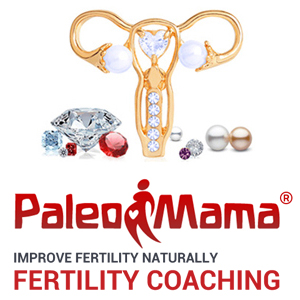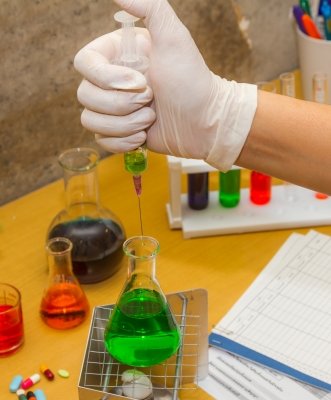PQQ (Pyrroloquinoline quinone) for egg health? Don’t make the lab out of your body!
Some months ago I was asked for the first time about using PQQ (Pyrroloquinoline quinone) to improve egg quality.
I was not too surprised, as women often come to me long lists of supplements which they take in hope of improving egg quality and often my consulting work boils down to reducing long lists to include only the supplements which work, in the dosages which were proven in the clinical trials to be efficient.
So I said to this lady, don’t do it, and then I forgot about PQQ.
Then some weeks ago, I had a couple in a counselling session and they also wanted to know whether they should give PQQ a try. Then I decided that I need a post on PQQ and egg quality.
I quickly found out that most supplement producers market PQQ as a substance that assists CoQ10 in its work against ageing. So far, so good. My favorite product label was, “PQQ is a vitamin-like component found within enzymes of plants and bacteria; it has been found to stimulate cell growth and serves as a co-factor to specific enzymes involved in growth, development, differentiation and survival.”
So what?
Are you a plant? Are you a bacterium?
Why would you want to make a laboratory out of your body?
Then I did some more research in the biggest biomedical database PubMed and found out that there has not been a single systematic study (not even to mention a clinical trial!) connecting PQQ and egg quality (stand January 2016). Please have a look yourself by clicking at this link.
PQQ has indeed been found to improve cell functions by stimulating growth, reducing oxidative stress (protecting cells from damage) as well as spontaneous generation of new mitochondria within aging cells, a process known as mitochondrial biogenesis. PQQ can actually create new mitochondria. This means that cells that were damaged by ageing and became inefficient in creating energy, can grow new cell energy making components with a help of PQQ.
If we could show something like that for humans, that would make a big difference and would give us a new weapon to increase fertility (and especially women over 35 would benefit).
But that needs to be done first.
We need research studies. Then we need clinical trials.
Just open the US national study register and see how many studies on various hopeful supplements were initiated and then you never heard about them again (because there was nothing to report).
My last word on PQQ in improving egg quality is (and I’ll be happy to change my opinion as soon as any serious clinical evidence pours in): starting a supplementation of just about anything before any study on humans has ever been initiated is simply crazy and if you like my blog and think to have learned something from it, please don’t do it.
If you have any questions you would like to ask me related to your personal fertility journey, here is how you can contact me.









